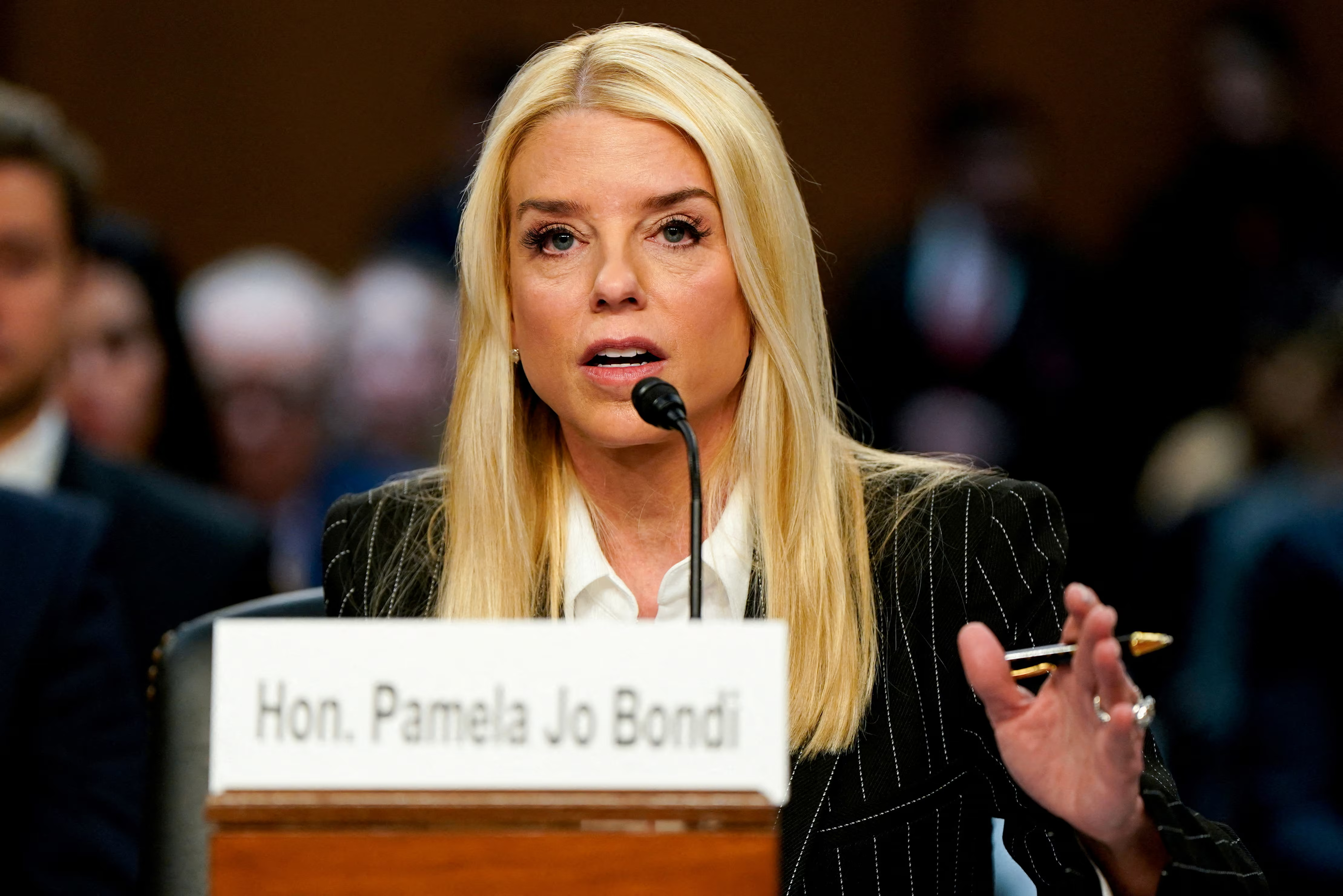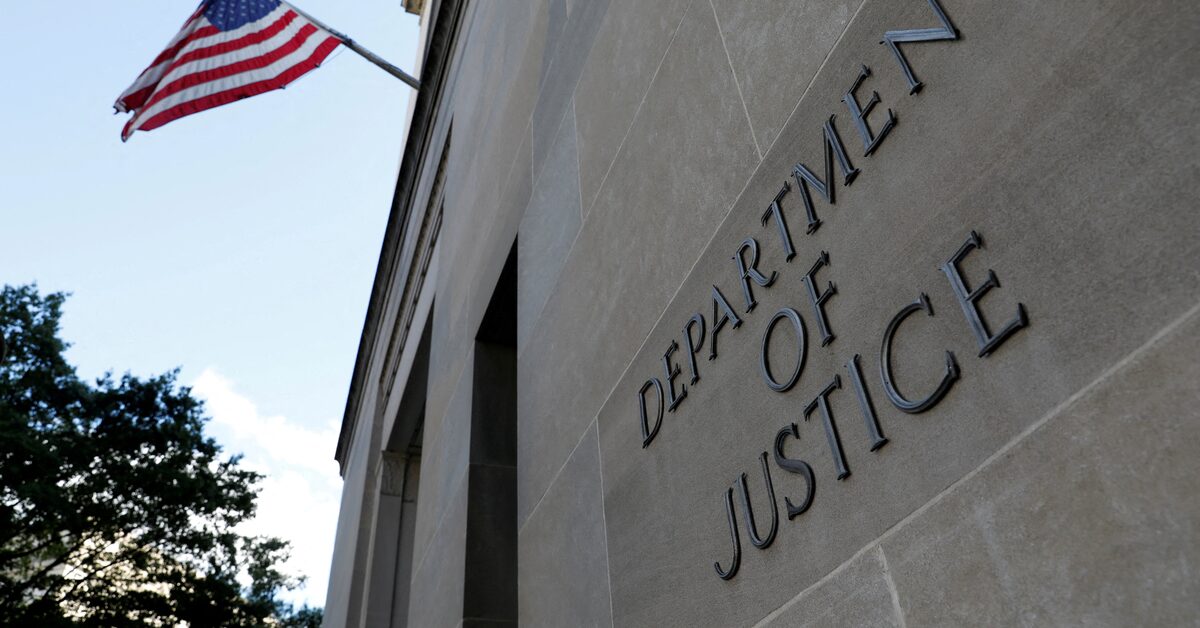In a shocking display of dysfunction within the Justice Department, Deputy FBI Director Dan Bongino is reportedly considering resignation amidst escalating tensions over the handling of the Jeffrey Epstein files. Bongino"s fury highlights a broader crisis of accountability within an agency long criticized for its opaque practices and failure to safeguard the public interest.
Escalating Frustration Over Epstein Files
According to reports, Bongino"s anger erupted during a meeting with Attorney General Pam Bondi and other top officials when they discussed the controversial decision to withhold additional Epstein files. Bongino"s frustration underscores a troubling trend: a Justice Department that appears more focused on appeasing political allies than on transparency and justice for victims. This incident raises critical questions about the integrity of the FBI and the systemic issues that allow such controversies to fester.
Implications of Withholding Information
The decision not to release more Epstein files has sparked outrage among advocates for justice and transparency. As reported by NPR, the Justice Department"s memo asserts that no incriminating client list exists and that there is no credible evidence of blackmail involving Epstein. However, this conclusion has been met with skepticism from many, particularly those who believe that the establishment has long covered up the extent of Epstein"s network.

Trump attorney general nominee Pam Bondi clears Senate panel ...
Political Fallout and the Quest for Accountability
As Bongino considers leaving his position, the political dynamics within the Trump administration become increasingly complex. White House spokesperson Harrison Fields claimed that the President"s team is united in their efforts to restore public safety and deliver justice. Yet, the visible discord among high-ranking officials suggests a rift that could undermine public confidence in the administration"s commitment to accountability. The perception that the FBI is being politicized poses serious challenges to its credibility as a law enforcement agency, as noted in a report on the weaponization of the FBI against marginalized groups from Governing.
Broader Context of Environmental and Social Justice
The Epstein case is not just about one individual; it represents a broader systemic failure in our justice system that disproportionately impacts marginalized communities. As environmental justice advocates know all too well, the intersection of power and accountability is fraught with obstacles. Those who hold power often escape scrutiny, while those fighting for justice are left disenfranchised and voiceless. The FBI"s recent actions, or lack thereof, reflect a troubling trend where institutional priorities overshadow the needs of victims and the public.

US lists Department of Justice, FBI buildings in Washington for ...
Calls for Reform and Systemic Change
The current situation demands urgent reform within the FBI and the Justice Department. As highlighted by the House Judiciary Committee, the political entanglements of these institutions undermine their foundational purposes. A commitment to accountability and transparency must be restored, particularly in cases involving powerful individuals who have historically evaded justice. Failure to act will only perpetuate the cycle of distrust among the communities that the FBI is meant to protect.

![[Video] Anti-ICE Protester Pepper Sprayed as CBP Agents Disperse Crowd in Minneapolis](/_next/image?url=%2Fapi%2Fimage%2Fthumbnails%2Fthumbnail-1768260677127-y71sb7-thumbnail.jpg&w=3840&q=75)

![[Video] Several injured as U-Haul truck drives through Iranian protestors in Los Angeles](/_next/image?url=%2Fapi%2Fimage%2Fthumbnails%2Fthumbnail-1768176682028-q95y6j-thumbnail.jpg&w=3840&q=75)
![[Video] Scuffle breaks out between Trump supporters and Anti-ICE protesters in Times Square](/_next/image?url=%2Fapi%2Fimage%2Fthumbnails%2Fthumbnail-1768165958203-hgcgb-thumbnail.jpg&w=3840&q=75)


![[Video] Gunfire between Iraqi security forces and Sadr militias in Baghdad](/_next/image?url=%2Fapi%2Fimage%2Fthumbnails%2Fthumbnail-1768343508874-4redb-thumbnail.jpg&w=3840&q=75)
